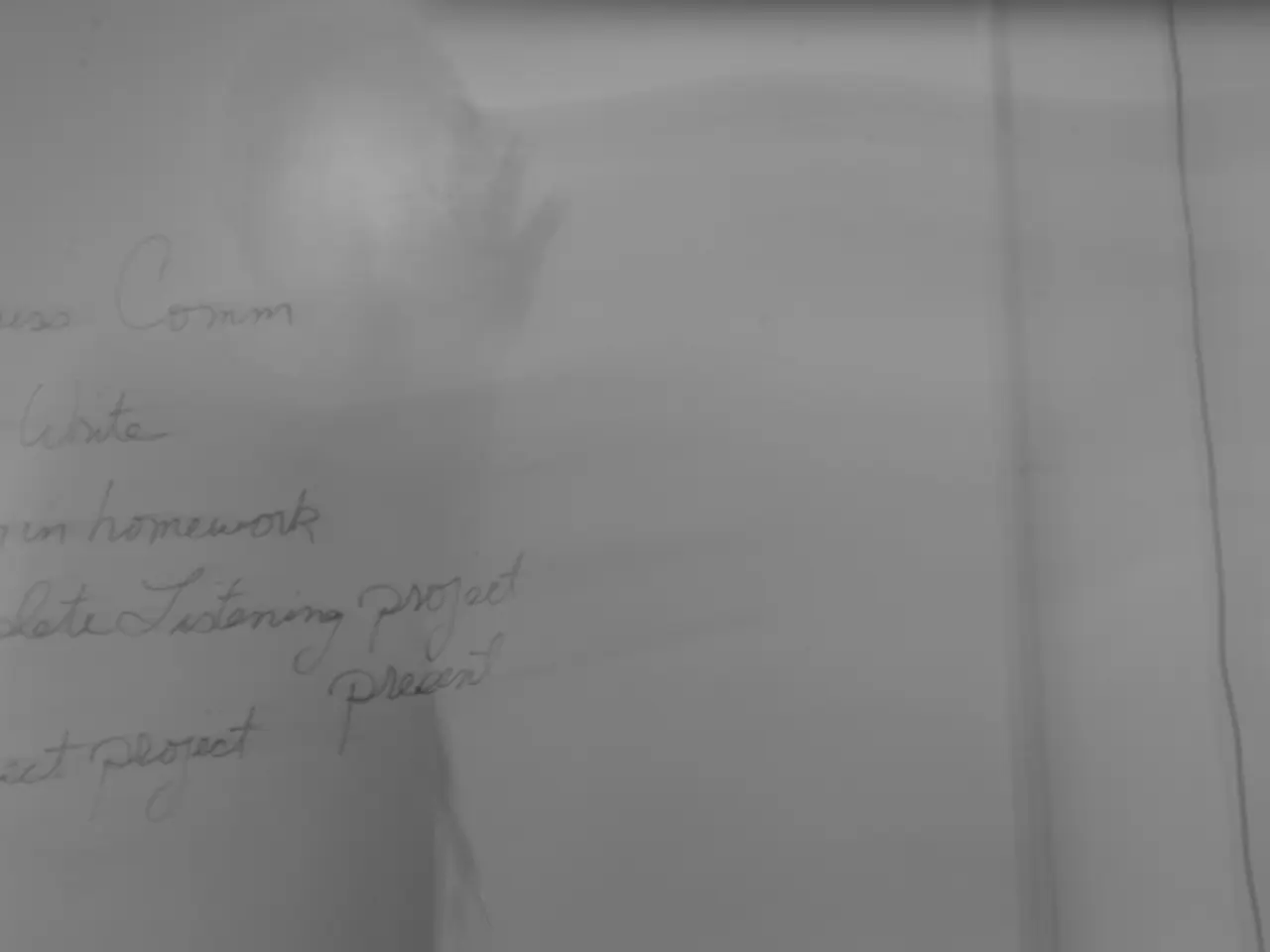Immense, Captivating, Unachievable Struggle
The recently passed One Big Beautiful Bill Act (OBBBA) is set to bring significant changes to the gaming industry, particularly in the realm of taxation. Here's a breakdown of how this legislation will impact gamblers, workers, and the industry as a whole.
Starting from January 1, 2026, gamblers, including professional players, will only be able to deduct 90% of their gambling losses against their winnings for tax purposes. This means that even break-even gamblers may owe taxes on "phantom income" equal to 10% of their losses. For instance, if a gambler wins $500,000 and loses $500,000, only $450,000 of losses can be deducted, resulting in $50,000 taxable income despite no net profit.
Gamblers must now report all their winnings as income on tax returns, regardless of whether they receive IRS forms like W-2G. Losses can only offset winnings but not other income.
The OBBBA also includes reforms related to taxes on tips and overtime pay for certain workers, although details specific to the gaming industry are limited. These changes might affect casino or gaming employees who rely on tips or overtime.
The reduced deduction limit will increase the tax liability for professional gamblers, potentially discouraging professional betting activities or impacting overall profitability.
The change in deductible losses is expected to have long-term and negative effects on gaming revenue. Critics argue that the new slot machine reporting threshold of $2,000 is outdated and does not take into account inflation or changes in slot technology. Some legislators are advocating for a higher reporting threshold, with $10,000 being suggested as a possibility.
Senator Catherine Cortez Masto, a Democrat from Nevada, has introduced a bill to overturn the loss deduction limit. Other senators and representatives from states with casinos, sports betting, and igaming are potential supporters of overturning the loss deduction limit.
The OBBBA, which covers two areas: revenue and expenses, adding new expenses and taxes while cutting other taxes and expenses, was passed under a tight deadline imposed by the president, leaving little time for thorough analysis and study by lawmakers. The bill, containing 940-something pages and half a million words, is a daunting task to analyze in detail.
The bill was designed to implement Donald Trump's presidential campaign policies and was passed by the 119th Congress. It raised the national debt ceiling by $5 trillion and is estimated to increase the deficit by $2.8 trillion by 2034.
In summary, the OBBBA significantly tightens tax loss deductions for gamblers, requires reporting of all gambling income, and introduces some broader tax changes on tips and overtime that could indirectly affect the gaming industry. This new tax environment creates a burden of "phantom income" taxation on many in the gambling sector.
- The OBBBA's changes in gambling taxation could potentially impact the finance and business sectors, as professional gamblers may face increased tax liability due to a reduced deduction limit for gambling losses.
- Political discussions are ongoing regarding the casino-gaming industry, with Senator Catherine Cortez Masto proposing a bill to overturn the loss deduction limit imposed by the OBBBA.
- The OBBBA, which also includes reforms related to taxes, is expected to have a significant influence on the general news landscape, given its wide-ranging implications for various industries, including the casino-and-gambling sector.




